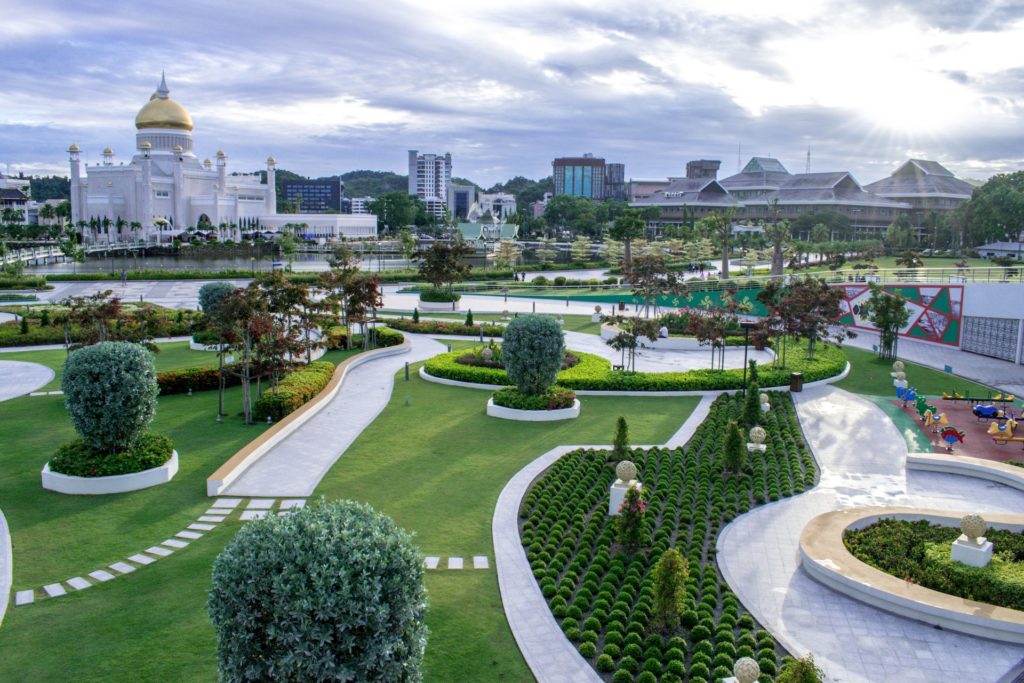Numerous nationalities are eligible for short-term visa-free entrance into Brunei, while a small number of other nations also qualify for visas-on-arrival. However, nationals of nations that do not qualify for a Brunei visa on arrival or who are not visa-exempt must apply for a visa at an embassy before their trip. For the embassy to approve the visa application, the applicant must fulfill some requirements. The visa may be rejected if any of these requirements are not satisfied.

The grounds for Brunei’s refusal of visas
The following are the main grounds for denying a visa application in Brunei:
Fake travel documentation
It is advised to stay away from submitting forged or false papers while applying for a visa in Brunei since this might lead to issues later. If the consular official has any suspicions about the validity of any document supplied, such as a passport, account statement, ticket for a trip, etc., he or she is permitted to declare the visa application to be illegitimate and so refused. When requesting a visa, applicants should refrain from dishonest practices including providing the embassy with forged papers.
Not having a means of support
If you do not offer adequate proof that you will have a way to support yourself while you are in the country, the Brunei embassy may reject or refuse your application for a visa. This occurs because of the possibility that a visitor to Brunei without a job or other means of support might ultimately burden the nation or engage in criminal activity. Your visa may be denied if you can’t prove that you have a source of income, for example, if you submit traveler’s checks that you don’t have the legal right to, submit financial statements that are more than a month old from the date of your application, can’t provide a current account statement without debts, etc.
Criminal offenses from the past or present
If there is anything about the applicant’s past criminal history that poses a danger to the nation and its citizens, the visa application may be refused or denied. Typically, applicants must provide proof of their criminal history, and if the Embassy has any doubts about the applicant’s moral character, the visa may be rejected. Previous participation in terrorism, abduction, fraud, drug dealing, human trafficking, etc. are examples of such actions. This does not imply that a candidate with a criminal history cannot apply. However, it is necessary to provide reliable, tangible proof that supports the applicant’s current actions.
Absence of trip plans and lodging documentation
This is also a significant factor in visa denials. When there is inadequate documentation of a trip itinerary, the applicant’s chance of receiving a visa is at risk. You must have a well-thought-out strategy for your journey to Brunei as an applicant. You will thus require a suitable travel schedule to ensure your visa clearance. In other words, you need to provide documentation that you have reservations for your travel and lodging to have your visa approved. A visa application may be denied if the applicant does not provide evidence of accommodations at the embassy. If you’re staying with relatives or friends, this may be the location where they’ll be staying or a hotel reservation.
Unqualified sponsor
When you are applying for a visa with a sponsor, the outcome of your application will also depend on the sponsor. The authorities will look at your sponsor’s income, tax obligations, and legal standing among other things. If any of this does not meet the conditions, you will be refused. As a consequence, one of the most frequent grounds for Brunei Visa denial is the inability to get qualified sponsors.
